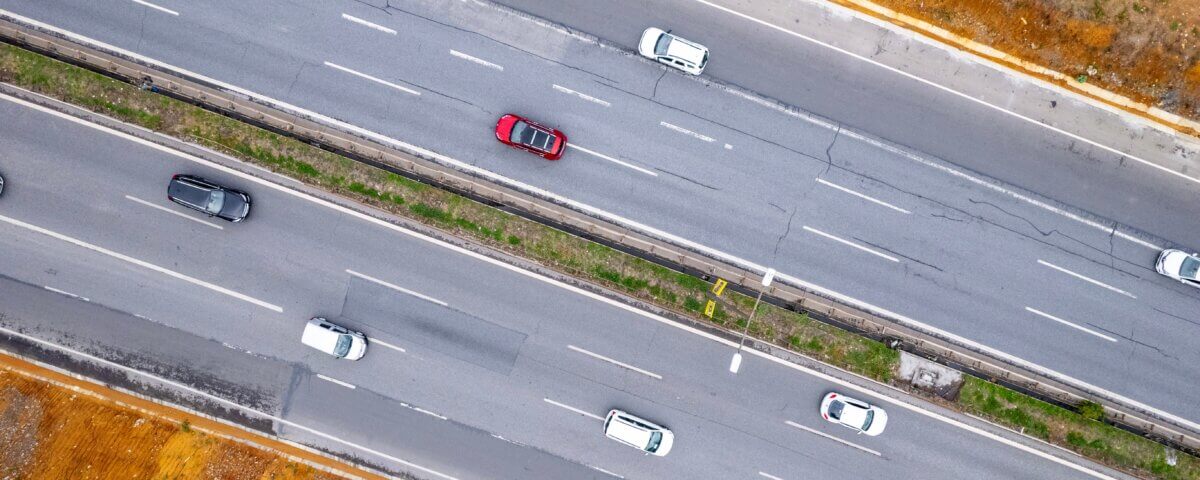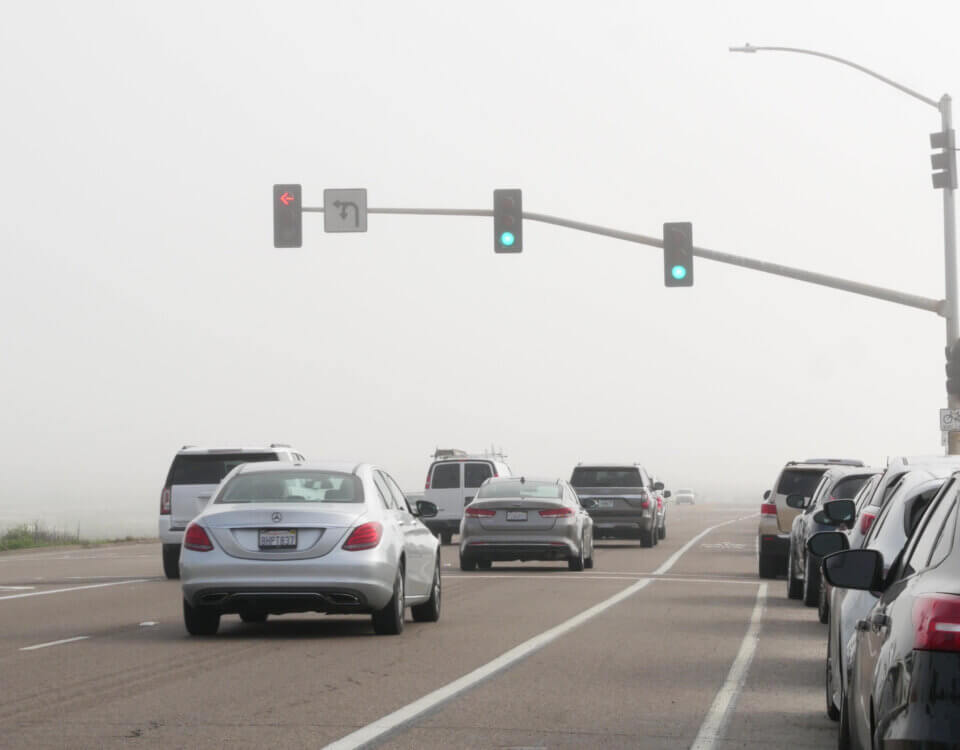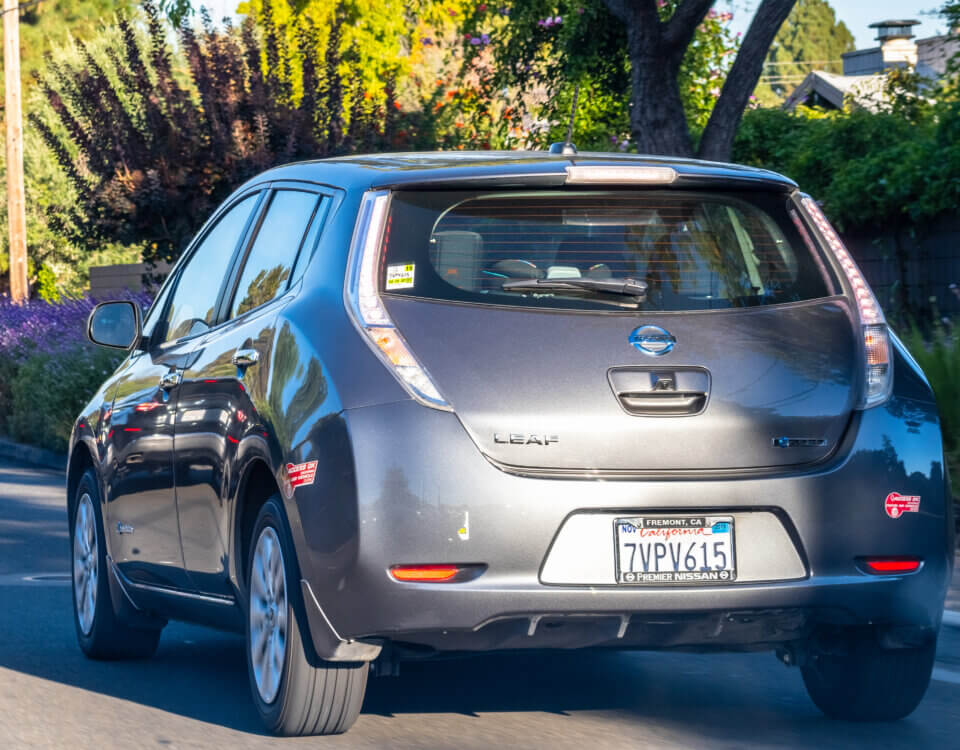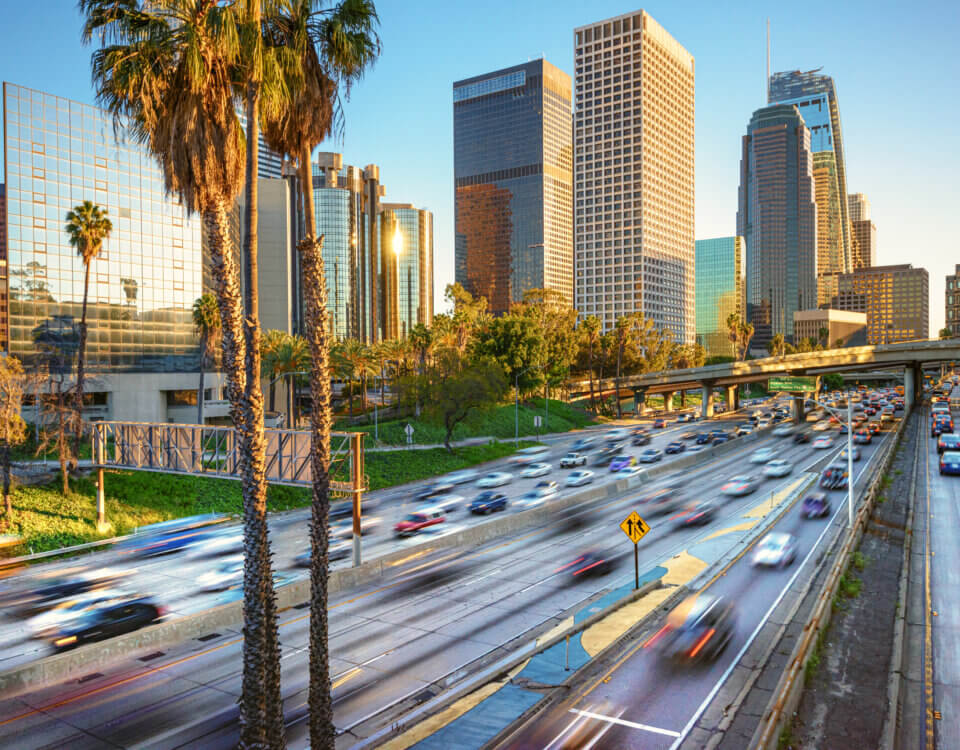Drivers often hear “highway” and “freeway” used interchangeably, but there are important differences. Knowing how each is defined in California helps you understand road rules, safety risks, and liability in accidents.
What Is a Highway
A highway is a public road designed to connect cities, towns, or regions. Highways can:
- Have intersections, traffic signals, driveways, access to homes and businesses
- Serve mixed traffic including local access
- Vary in number of lanes and speed limits depending on urban or rural location
What Is a Freeway
A freeway is a specific kind of highway with stricter control and design features. A freeway:
- Gives access only through ramps or interchanges, not at street level
- Has no stop signs or traffic lights along the main through lanes
- Separates traffic directions (with median barriers or other dividers)
- Allows higher speed limits because traffic flows more continuously and safely
Key Differences
| Feature | Highway | Freeway |
|---|---|---|
| Access | Multiple access points, intersections, sometimes direct property access | Entrance and exit only at designated ramps; no at-grade crossings |
| Traffic controls | Stoplights, cross-traffic, driveway entrances | No traffic lights or driveways onto main lanes |
| Flow of traffic | Interrupted by local access, turns, signals | Designed for uninterrupted flow |
| Safety risks | More frequent stopping/starting, unpredictable turns, vehicle-pedestrian conflict | Higher speed risk, but fewer hazards from cross traffic or driveways |
Why It Matters Legally
- In a crash, whether the road is a highway or freeway can affect how fault is determined. For instance sudden turns or driveway conflicts are more typical of highways.
- On freeways, collisions tend to involve speed and merging, so evidence like vehicle data, ramp design, signage become more important.
- Different rules may apply—speed limits, signage, obligations for driver vigilance; these may factor into liability.
How Hillstone Law Can Help
If you are involved in a crash on a highway or freeway, Hillstone Law can help you:
- Identify which kind of road the accident occurred on
- Collect evidence like crash reports, road design, signage or signal records
- Analyze how design or road type may have affected fault or damages
- Represent you to make sure you get fair compensation for medical treatment, lost wages, damage, pain and suffering
Note: These blog posts are created solely for the use of Hillstone Law. The information is gathered from internet research, publicly available sources, and artificial intelligence (AI) tools such as ChatGPT. While we aim to share helpful and educational content, Hillstone Law does not independently verify every detail. Some information may be incomplete, outdated, or subject to change without notice. If you believe any part of a post is inaccurate, misleading, or infringes upon copyright, please contact Hillstone Law immediately so we can review it and take appropriate action, including correction or removal.
Disclaimer: The material provided in these blogs is for general informational purposes only and should not be considered legal advice. Reading these posts does not create, and is not intended to create, an attorney-client relationship with Hillstone Law. Our intent is to share knowledge, raise awareness, and provide helpful resources to the public; however, Hillstone Law makes no warranties or guarantees about the accuracy, completeness, or reliability of the information provided, and expressly disclaims liability for any actions taken in reliance on it. The photos used in these posts are for illustrative purposes only and do not depict actual clients, individuals, or incidents unless expressly stated. If you or a loved one has been injured in an accident, please contact Hillstone Law at (855) 691-1691. Our attorneys are available to answer your legal questions and help you understand your rights.







